When you think of the Olympics, images of athletes pushing their physical limits probably come to mind – not so much a glass of wine. However, these two seemingly unrelated worlds share a surprisingly intertwined history. From ancient rituals to modern world records, wine and the Olympics have a relationship that is both fascinating and entertaining. So, pour yourself a glass of your favourite vintage as we embark on this journey through the ages, exploring how wine and the Olympics have more in common than you might expect.
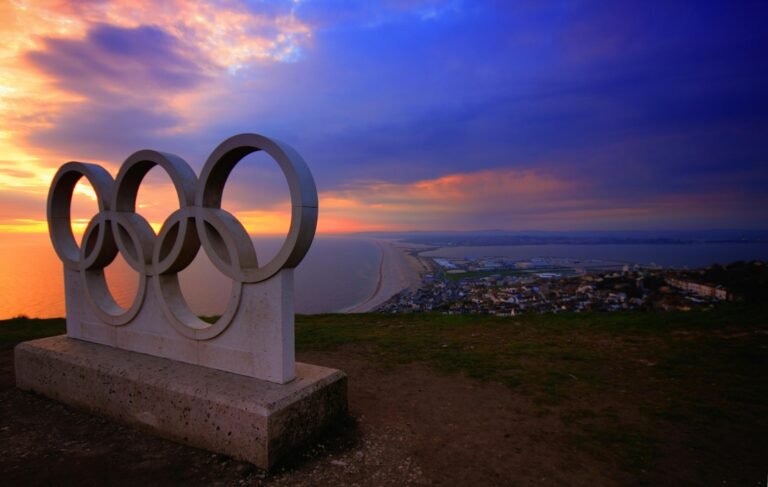
Ancient Greece: Where It All Began
The roots of the Olympic Games trace back to ancient Greece, where they were first held in 776 BC in Olympia. These games were a religious festival honouring Zeus, the king of the gods. Interestingly, wine played a significant role in Greek culture, religion, and, by extension, the Olympics.
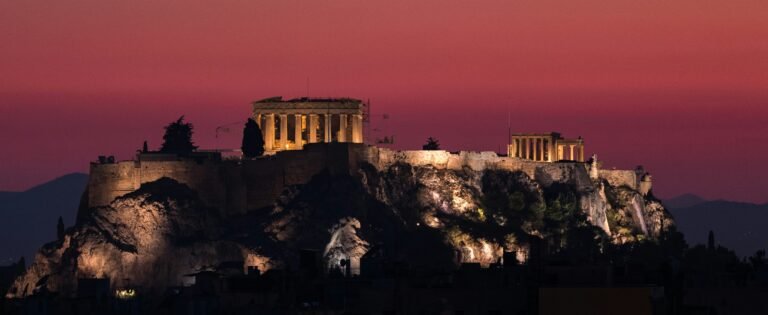
The Greeks believed that wine was a gift from Dionysus, the god of wine, fertility, and revelry. Wine was not just a drink; it was a vital part of religious rituals and daily life. It’s said that before any major event, including the Olympics, athletes and spectators alike would indulge in symposia – social gatherings where wine flowed freely, accompanied by music, poetry, and philosophical discussions. Imagine an Olympic village with a buzzing afterparty – that’s the ancient Greek vibe for you!
While the athletes themselves likely refrained from heavy drinking to keep their bodies in peak condition, wine was still present in the festivities that surrounded the games. The idea was to celebrate human achievements – both physical and intellectual – in a state of communal joy. It was all about balance, much like a perfectly aged bottle of wine.
The Roman Influence: Bacchanalian Games
The Romans, who were known for their love of grand spectacles and indulgence, carried on the Olympic tradition with a twist. They took the concept of the games and infused it with their own cultural flair, which, unsurprisingly, included an even stronger emphasis on wine.
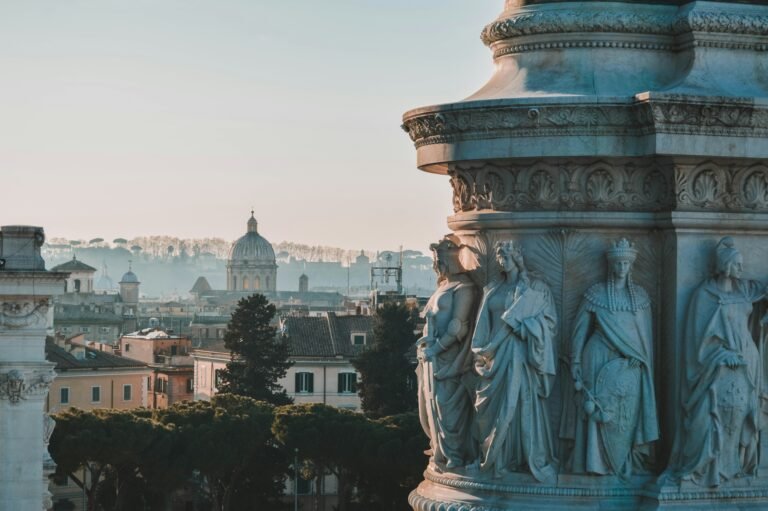
The Romans organised their version of the Olympics, called the “Bacchanalia,” named after Bacchus, the Roman god of wine (the Roman equivalent of Dionysus). These games were a heady mix of athletic competition, theatre, and, of course, wine. Unlike the more reserved Greek symposia, Bacchanalia was known for its wild, unrestrained celebrations. Picture athletes performing feats of strength and agility, with the crowd raising toasts and cheering them on with goblets in hand.
While these games were eventually banned for being too rowdy, the Roman affinity for wine had already cemented a lasting connection between wine and sporting events – a tradition that continues in many forms to this day.
The Modern Olympics: A Toast to Victory
Fast forward to the revival of the modern Olympic Games in 1896, and wine continues to hold a place in the celebrations. Though the emphasis has shifted more towards athleticism and global unity, wine still makes its presence felt, especially in the context of victory and celebration.
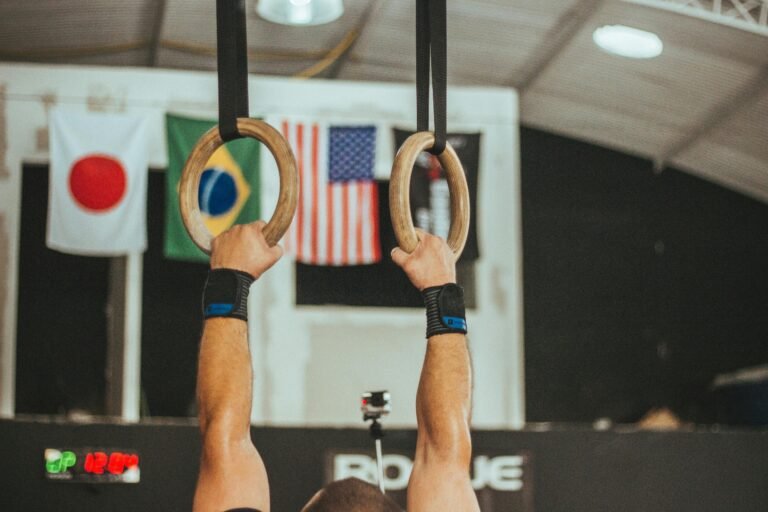
For instance, the tradition of popping champagne – a close cousin of wine – on the podium is a common sight at the Olympics. Champagne showers are synonymous with victory, joy, and the culmination of years of hard work and dedication. While athletes nowadays might opt for a protein shake over a glass of wine during training, there’s no denying that the celebratory glass of bubbly remains a cherished tradition.
World Records in the Wine Industry: An Olympic Spirit of Their Own
The wine industry itself is no stranger to record-breaking achievements, echoing the Olympic spirit of pushing boundaries and setting new standards. Let’s take a look at some of the most extraordinary wine-related world records that would make even the most decorated Olympian proud.
1. The Oldest Bottle of Wine:
While the Olympic Games have been around for a few thousand years, some bottles of wine have an even longer history. The oldest known bottle of wine dates back to around 325 AD and was discovered in a Roman sarcophagus in Germany. It’s safely stored at the Historical Museum of the Palatinate in Speyer, and, no, they’re not planning to pop it open anytime soon!
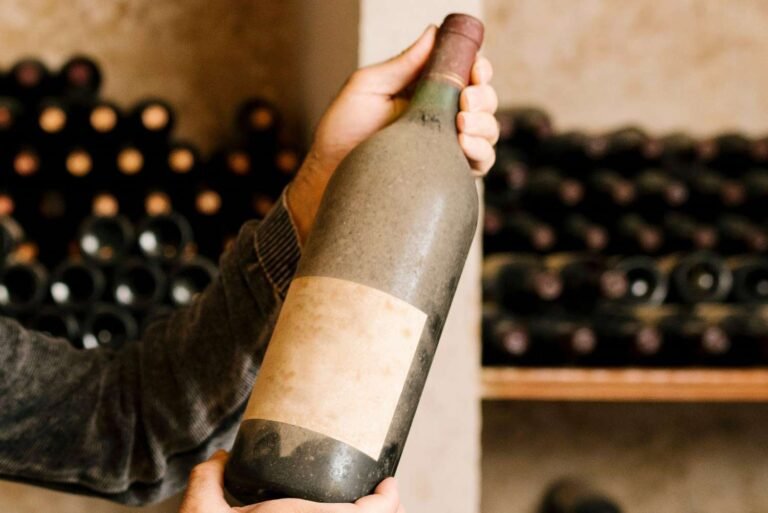
2. The Largest Wine Cellar:
If Olympic venues are massive, wait till you hear about the world’s largest wine cellar. The Milestii Mici winery in Moldova holds the Guinness World Record for the largest wine cellar, with over 1.5 million bottles stored in a vast network of underground tunnels stretching over 200 kilometres. That’s a marathon distance for wine lovers!
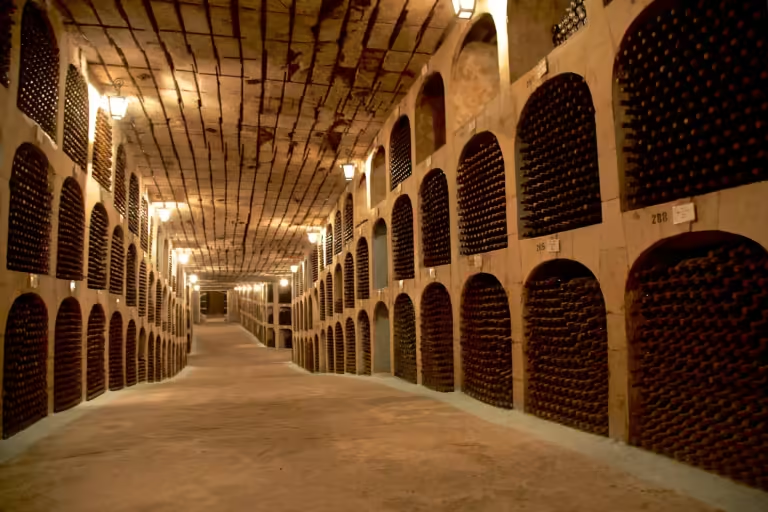
3. The Most Expensive Bottle of Wine:
Winning a gold medal is priceless, but some bottles of wine come pretty close in value. The most expensive bottle of wine ever sold was a 1945 Romanee-Conti, which fetched a staggering $558,000 at an auction in 2018. This Burgundy wine, from a vineyard that survived the devastation of World War II, is truly a historic and Olympian-level achievement in winemaking.
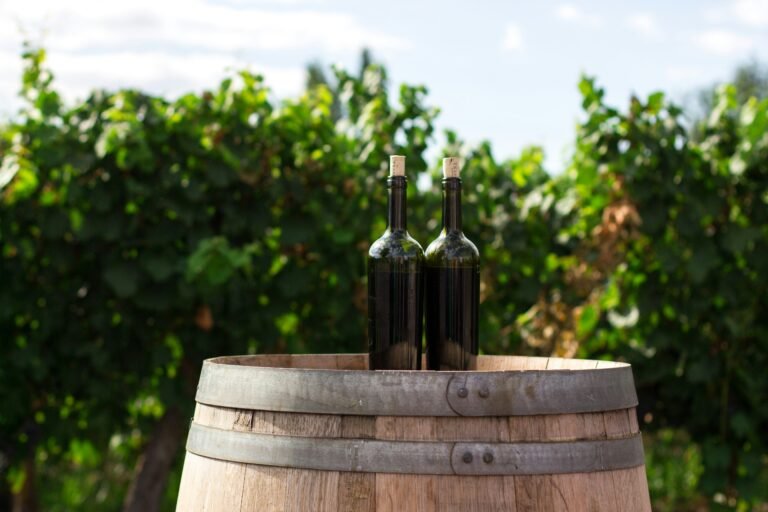
4. The Fastest Time to Open a Bottle of Wine:
Speed and precision are crucial in both the Olympics and the world of wine. In 2020, a bartender named Alex Samaras set the record for the fastest time to open a bottle of wine with a corkscrew, clocking in at just 5.28 seconds. It’s a skill that might not win him a gold medal, but it certainly wins him bragging rights!
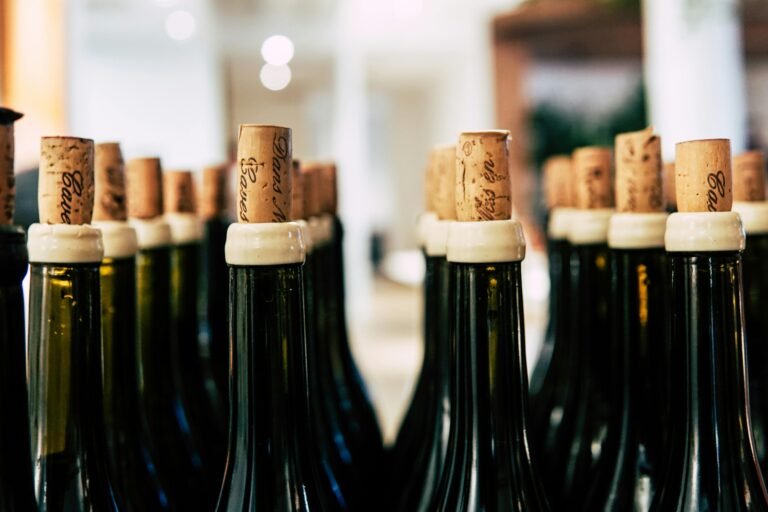
The world of wine, much like the Olympics, is about passion, dedication, and the celebration of human potential. So, the next time you watch the Olympics or enjoy a glass of wine, remember the rich history and the shared spirit of these two timeless traditions. And who knows? Perhaps, like wine, the more you learn about it, the more you’ll appreciate the Olympic Games – not just as a display of athletic prowess, but as a celebration of the best of humanity.
So, here’s to wine, the Olympics, and the extraordinary feats that continue to inspire us all. Cheers!